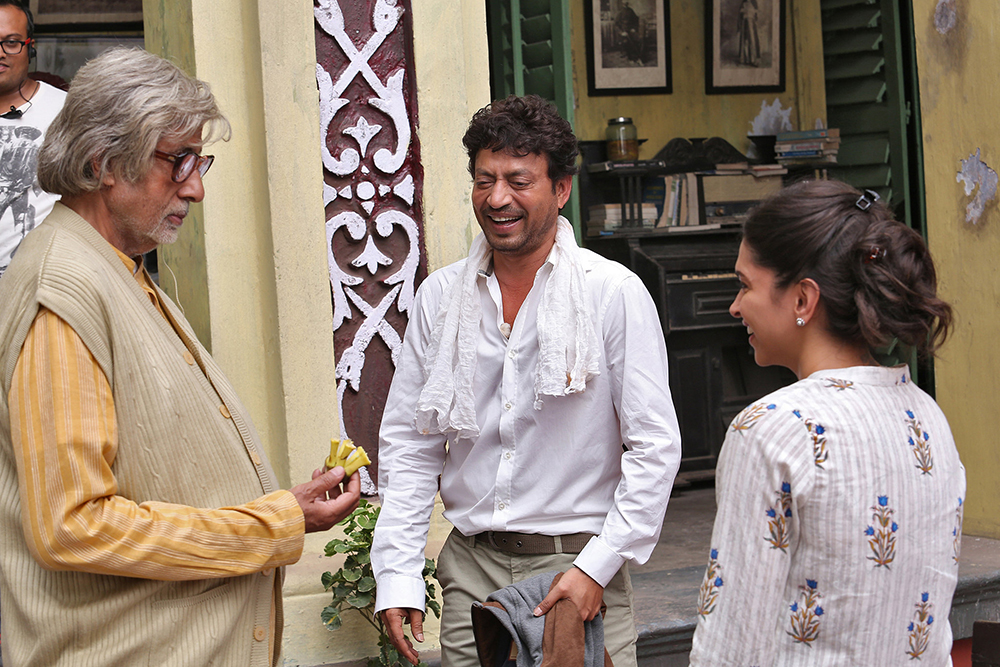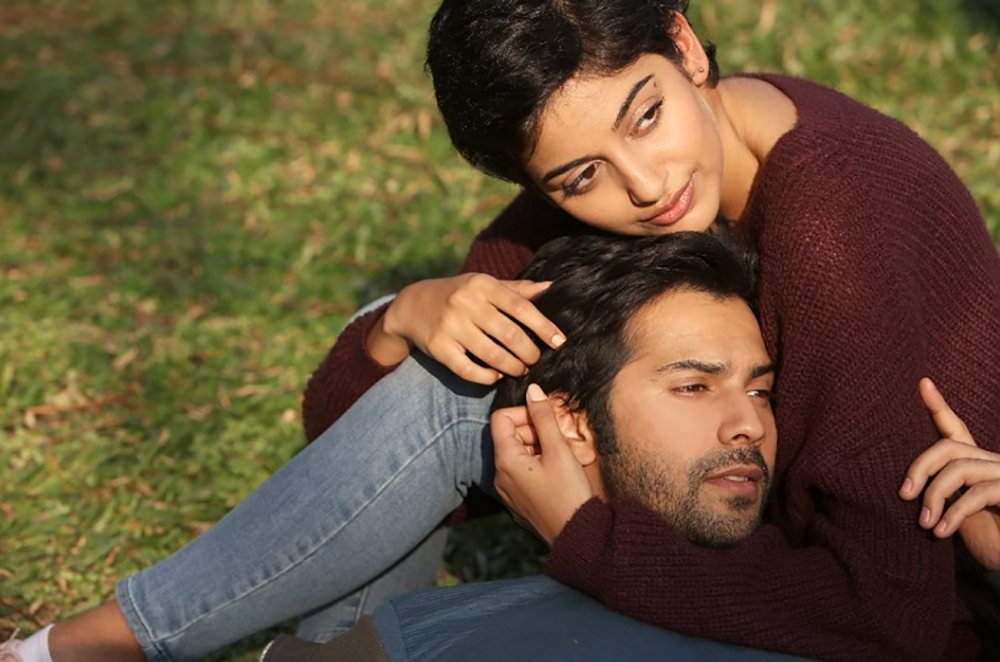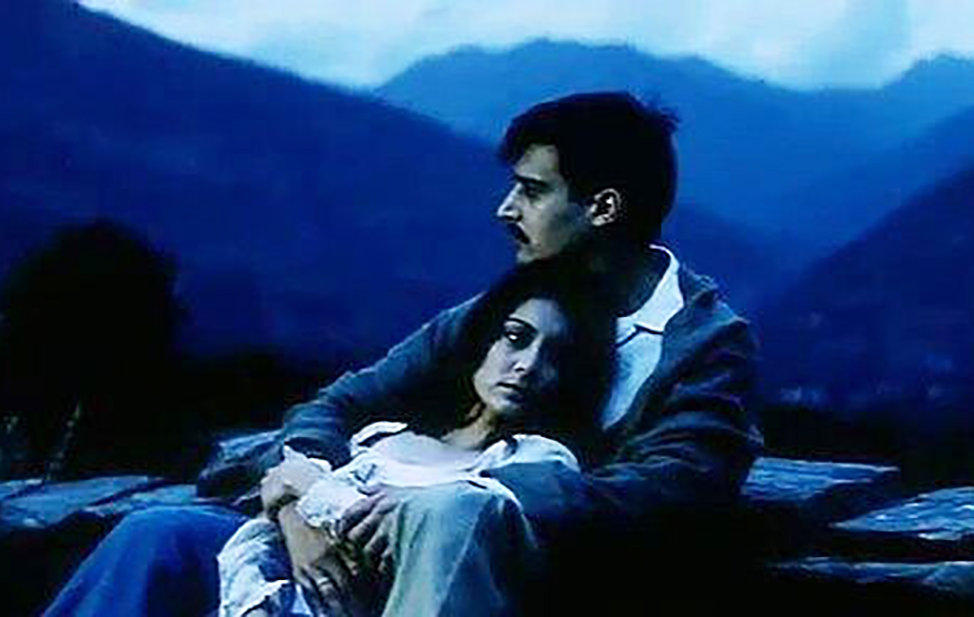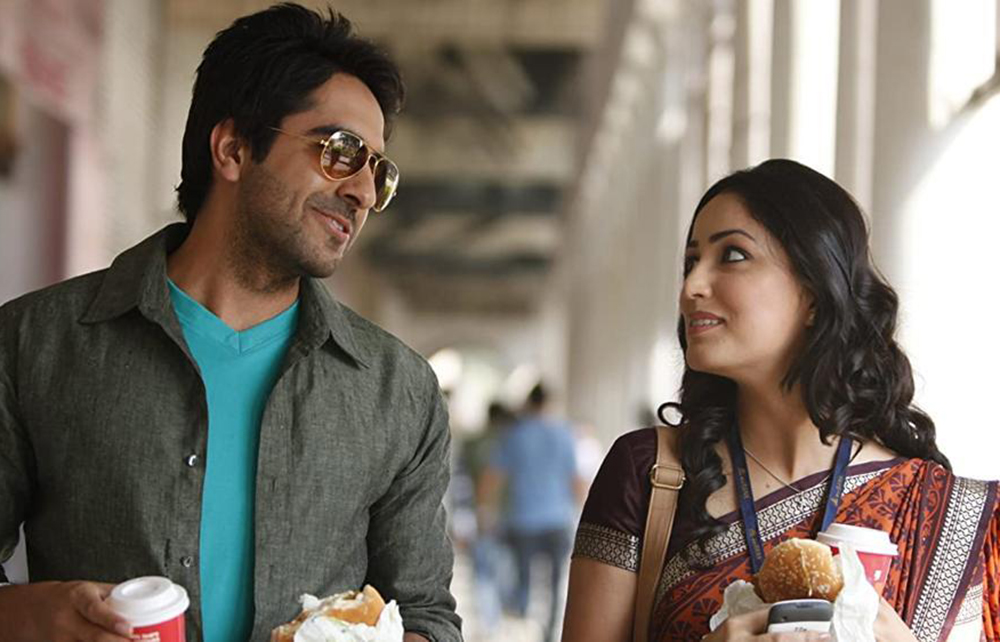From his impressive debut with the severely underrated “Yahaan” (2005) to his latest contribution to Indian cinema, the critically-acclaimed and Oscar-shortlisted “Sardar Udham” (2021), Shoojit Sircar has proven to be a consistently formidable filmmaker. Furthermore, Sircar’s frequent collaborations with screenwriter Juhi Chaturvedi have given rise to many interesting films. They strike a fine balance between slice of life and a grounded, bittersweet reality, and also feature nuanced and layered characterisation. Sircar primary centers his storylines around character motivations as well as the connections that either make these individuals or break them.
Here is a brief compilation of the on-screen relationships in Sircar’s filmography and how each of them can teach us all a lesson in acceptance, perseverance, and self evaluation of societal views — no matter how divisive, traditional, modernist, conservative, etc. these views may be.
1. The Love-hate Relationship in ‘Piku’ (2015)

While on a road trip that feels endless (and not in a good way), the titular Piku (Deepika Padukone), a young independent and goal-oriented woman. She finds herself sandwiched between a smart-mouthed driver (a last minute replacement sent over by the travel agency) and her elderly, potty-mouthed father, who has a tendency to equate every subject under the sun to his not-so-healthy bowel movements.
While initially bound by their own idiosyncrasies, the trio gradually loosens up. Each of them evolves to become more open-minded along the journey. As the movie progresses, the trio also learns selflessness, growing up or out of their own fixed ideologies regarding love life, livelihood, patriarchy, mortality, motherhood, fatherhood, etc. They also gain a better understanding of each other’s mentalities and personalities (no matter how cloying or insensitive).
By connecting their divisive mentalities to their respective differing socio-cultural or economic backgrounds — and making sense of the generational divide between them — Piku ends up reconnecting with her father too. This depiction not only captures the power of meaningful conversations, but also their role in shaping individuals or communities as well as one’s ability to either understand, eviscerate or make their peace with differing ideologies.
2. Found Family in ‘October’ (2018)

In “October,” Sircar places emphasis on the found family trope, leading to the birth of an unlikely but wholesome relationship. The bond between the leads — Shiuli and Dan — is neither platonic nor romantic. It is rooted in Dan’s sheer curiosity to find the answer to a single, lingering question that eats away at him. This is after his colleague Shiuli is suffers paralysis and becomes bedridden due to an unfortunate workplace accident the same day Dan calls in sick to work.
This tryst eventually proves to be life-altering for Dan, who was previously classified as nothing but an untrustworthy class clown by his peers. But through his new role as Shiuli’s self-proclaimed caretaker, the young man gradually learns about responsibility and maturity. And regardless of his limited knowledge of Shiuli before her accident, he is eventually is even considered as a blood relative by her mother who is unable to cope with the loneliness post her daughter’s tragic mishap.
3. A Forbidden Romance in ‘…Yahaan’ (2005)

Set in war-torn Kashmir, Sircar’s debut feature “…Yahaan” is centers around a blossoming love story between Captain Aman, an army commander in the Indian army and Adaa, a naive young Kashmiri woman who harbours dreams of peace in the valley. The couple aren’t new to the constraints placed on their relationship from both sides. On one hand, it’s from Adaa’s family members who already view the destructive invasion of the Indian army in the valley with skepticism and derision; and on the other hand, by Aman’s fellow army men. They already hold narrow-minded views of the Kashmiri locals and are also bound by their loyalty towards their countrymen and fellow soldiers, only viewing Adaa as ‘the enemy.’
This undying love is further put to the test when Aman is held hostage during a mosque siege orchestrated by Adaa’s brother, who has been brainwashed by an extremist group. She is offered the opportunity to bring peace to the valley through spoken word and the power of love.
While the movie itself may have gone unnoticed due to a release date marred by a natural calamity (the 2005 floods in Mumbai), its overall messages of peace and unity still ring true and remain timeless. The film finds strength in its depiction of a bond between two opposing sides that goes beyond barriers and feels refreshing. It’s a much-needed message in today’s divisive sociopolitical climate.
4. A Smooth-Sailing Marriage on the Rocks in ‘Vicky Donor’ (2012)

In “Vicky Donor,” the steady relationship between the titular happy-go-lucky, smooth-talking man-child Vicky and his love interest and later life partner Ashima (a career-minded banker) undergoes countless trials by fire. Initially problems begin due to Ashima’s hesitation in entering a new relationship after her recent divorce, as well a familial culture clash. However, the final nail in the coffin proves to be the couple’s opposing moral stance on sperm donation. This worsens after Ashima’s failure to conceive naturally leads to her discovery of Vicky’s secretive life as a sperm donor. The couple’s previously stable relationship reaches its limits since Ashima views her husband’s actions not only revolting, but also selfish…to the extent of even ostracizing him.
By depicting the beauty and ugliness of Vicky and Ashima’s relationship, the consequences of polarized mindsets and lack of communication, “Vicky Donor” paves its own way. It subverts the stereotypical expectations viewers might hold towards millennial relationships (stemming from their otherwise overly-sweet, one dimensional treatment in media).
A secondary relationship that runs parallel to Vicky and Ashima’s tumultuous romance is Vicky’s strictly professional partnership with a shady but well-meaning fertility specialist, Dr. Chadha. This partnership threatens to spill over into Vicky’s personal life with comical results. However, it ultimately proves to be instrumental in enabling Ashima to view sperm donors more humanely. In time this also sparks a discourse on the need for timely education and healthier communication between couples and family members alike. This is especially true regarding taboo topics which are prone to ridicule/stigma within a conservative setting.
Support the Site: Consider becoming a sponsor to unlock exclusive, member-only content and help support The Movie Buff!

